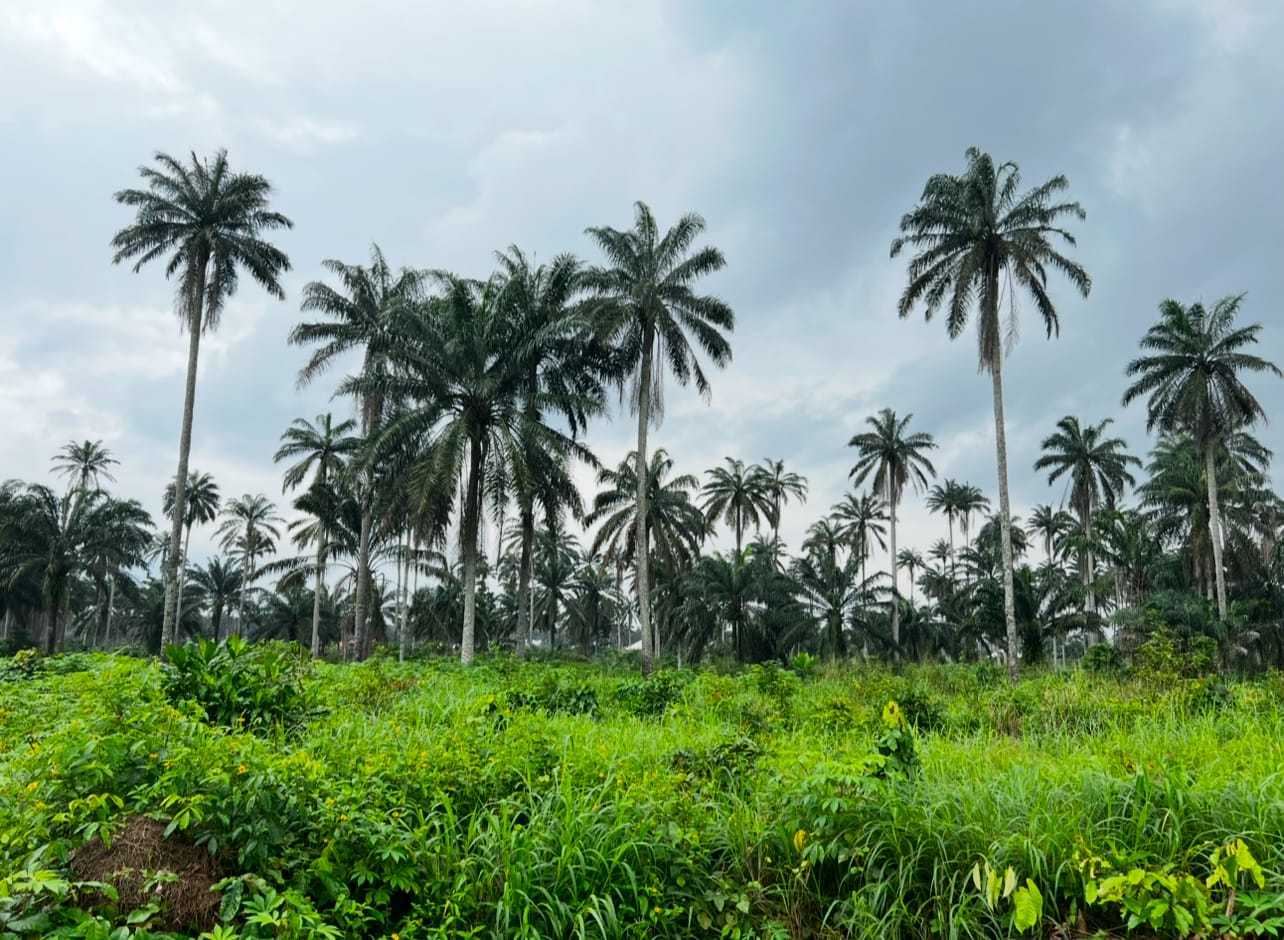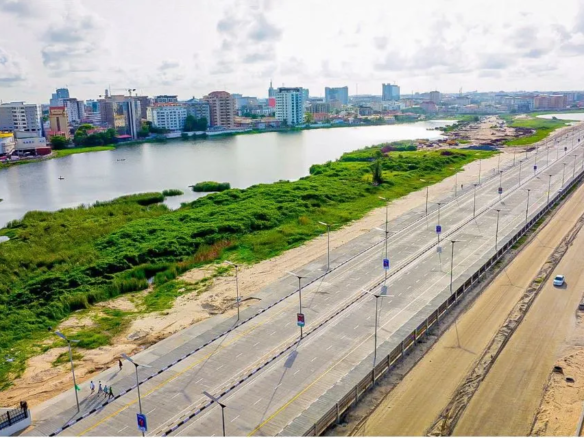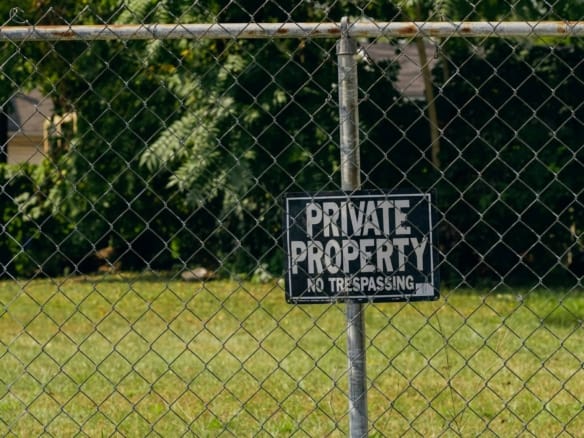Table of Contents
Owning land in Nigeria involves several important steps to ensure the transaction is legal, secure, and free from omonile (traditional landowners) issues. Here are the key steps to ensure a seamless land purchase in Nigeria:
1. Understand Land Sizes in Nigeria
Before purchasing land, familiarise yourself with the different land sizes available in Nigeria, such as square meters, acres, and hectares. Decide on a suitable size for your intended purpose (residential, commercial, or agricultural). Identifying the right size for your needs is crucial to avoid buying land that doesn’t meet your requirements.
2. Search for Land
Look for available land for sale through various platforms or directly from landowners. Online land listings, such as Land.ng marketplace, and local real estate agents are common places to start your search. During the search, be sure to check proximity to amenities and facilities that are important to you, such as hospitals, schools, restaurants, airports, and road networks.
3. Check for Government Interest
Ensure the land is not under government acquisition, as such land is prohibited from being acquired by the public. Acquiring government land may result in the demolition of your property and forfeiture without compensation. You can check for government interest by having a registered surveyor licensed to practice in Nigeria look up the land coordinates for you.
4. Ensure the Land Suits Your Intended Purpose
Some areas are designated for specific uses, such as mixed-use, agricultural, or commercial. It’s important to check that the land is zoned for your intended purpose to avoid regulatory issues in the future. Cutting corners on this step has resulted in the demolition of many properties across Nigeria.
5. Conduct Due Diligence
Thoroughly verify the land’s ownership and legal status to avoid potential disputes. This includes checking for encumbrances (legal claims) or ongoing conflicts. The due diligence process often involves multiple steps, including traditional, legal, and government processes at the state’s Ministry of Lands, such as verification at the land registry.
6. Negotiate the Terms
Once you have verified the land’s legal status, proceed with negotiating the purchase terms with the seller. It’s important to agree on the price, payment schedule, and other conditions before proceeding with the official agreement.
7. Sign a Sales Agreement
Prepare a sales agreement that outlines the terms and conditions of the transaction. Ensure the agreement is prepared by a legal professional who is a member of the Nigerian Bar Association (NBA), with the lawyer’s seal affixed. Next, proceed with the signing and ensure it is witnessed by at least two witnesses to make it legally binding. This step is critical for protecting both the buyer and the seller.
8. Survey the Land and Get a Certificate of Deposit
After the purchase, congratulations—you’re now a landowner! However, the process isn’t complete just yet. Have the land surveyed by a registered surveyor licensed to practice in Nigeria, properly outlining the size, location, and precise measurements. The survey should be registered, and a Certificate of Deposit (C of D) issued by the state’s surveyor general. Once the surveyor confirms the survey is registered and a Certificate of Deposit has been issued, anyone can verify the survey and certificate at the state’s Ministry of Lands.
9. Pay Fees and Taxes
After signing the agreement, pay any applicable fees and taxes. In some Nigerian states, a tax of 3% is charged if paid within the first two months of the land acquisition, with an additional 3% penalty if paid later—making the total tax 6% if paid after two months. In other states, taxes and fees are charged during the Certificate of Occupancy (C of O) document processing. When registering the C of O for land that has been used over the years, you may be charged for the backlog of the land use charge depending on the state.
10. Register the Land
Finally, register the land with the relevant government authorities to secure your legal ownership and enjoy peace of mind. You may need to obtain a Certificate of Occupancy (C of O) or other relevant title documents to confirm your ownership rights and be recognised by the government as the legal owner. The process differs based on the state, so be sure to check with the state’s Ministry of Lands.
By following these 10 steps, you can successfully purchase and own land in Nigeria, ensuring the transaction is secure, legally recognised, and free from omonile issues.




Join The Discussion